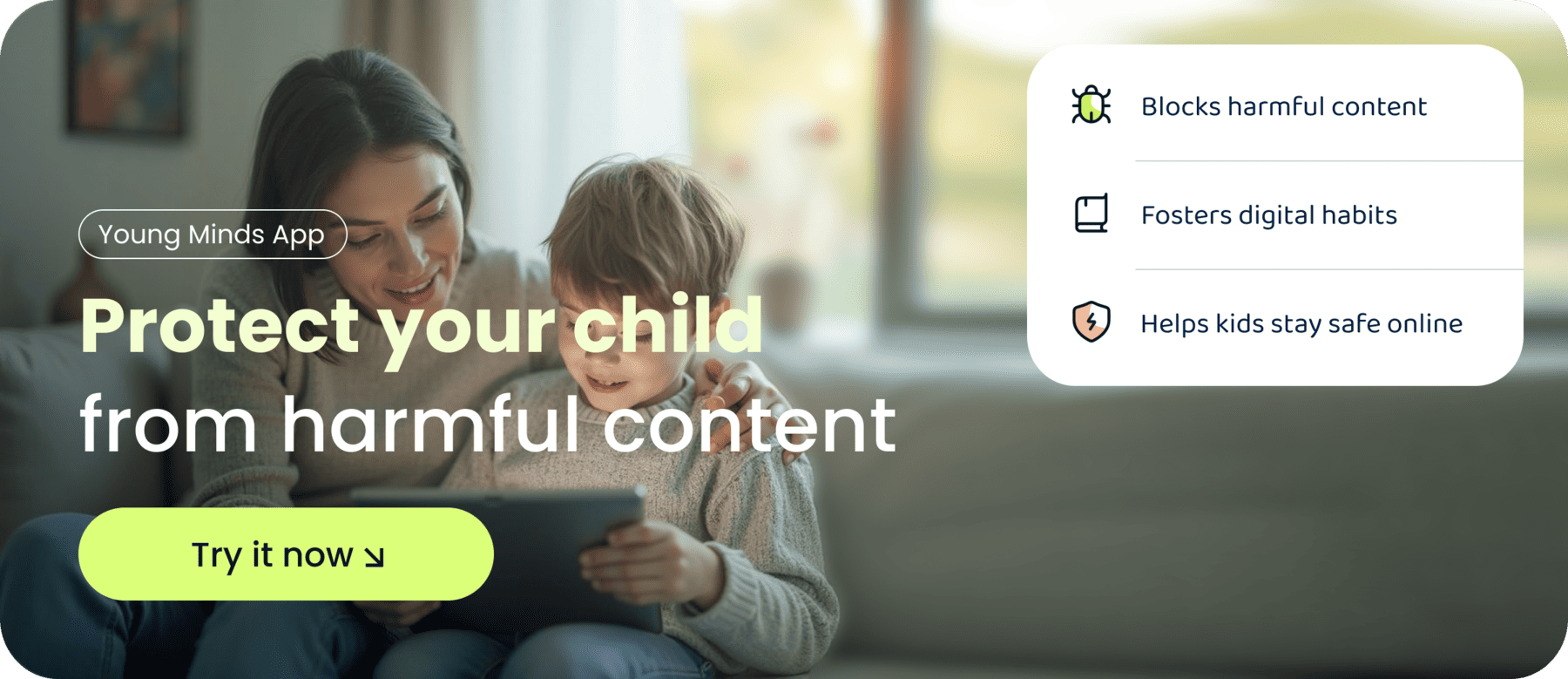October marks Cybersecurity Awareness Month, a time for schools, families, and organisations across the UK to reflect on how well they’re protecting themselves in an increasingly digital world.
This year’s new data from Ofqual paints a mixed picture for England’s schools. While training rates have improved, recovery from cyber incidents remains a growing concern, especially as education becomes ever more reliant on technology.
Training Up, But Recovery Down
According to Ofqual’s findings, 72% of teachers received cyber security training in the 2024–25 academic year an 11-point rise from the previous year. Yet, only 55% of schools affected by cyber incidents managed to recover immediately, down from 63% the year before.
Though the proportion of schools facing cyber incidents dropped slightly, from 34% to 29%, the severity of attacks has increased. Ten percent of schools reported critical data loss, up from six percent the previous year.
Amanda Swann, Ofqual’s Executive Director of General Qualifications, commented:
“Cyber attacks can have a devastating impact on students’ academic work. Schools have reported losing entire classes’ coursework and facing weeks of disruption to teaching and learning.”

Why Cybersecurity in Schools Matters
Modern education runs on digital infrastructure. From cloud-stored coursework to online assessments and safeguarding records, schools handle sensitive data daily. When that data is compromised, the consequences ripple across classrooms, students, and families.
Cybersecurity isn’t just an IT issue, it’s a safeguarding priority. Protecting systems means protecting students’ futures.
Five Essential Steps Schools Can Take
- Maintain Regular, Offline Backups
Ensure critical data can be restored independently of compromised systems. - Train All Staff
Awareness is the best defence. Teachers and administrators should recognise phishing attempts and data security risks. - Strengthen Access Controls
Limit who can access student data and sensitive files. - Develop an Incident Response Plan
Establish clear steps for containment, recovery, and communication in case of an attack. - Use Trusted Guidance
Follow the NCSC Small Business Guide to Cyber Security for simple, effective measures applicable to schools.
Beyond the School Gates: Building Cyber Awareness at Home
Children’s digital exposure doesn’t stop at school. Their online habits, password hygiene, app permissions, sharing content, start forming early, often with their first tablet or phone.
Parents who model safe online behaviour, talk openly about risks, and encourage responsibility help children build resilience long before a cybersecurity lesson is taught in class.
A Shared Responsibility for Digital Wellbeing
Cybersecurity Awareness Month 2025 serves as a reminder that safety, readiness, and trust go hand in hand. The most secure systems combine prevention with education, empowering both teachers and students to act wisely online.
At Young Minds App, we believe in nurturing digital responsibility from day one. Our tools help families create safe digital routines—teaching children not just what to avoid, but how to stay safe. Because real protection starts with understanding.
Parents Also Ask:
What is Cybersecurity Awareness Month?
Cybersecurity Awareness Month is an annual initiative each October designed to promote safer online practices. It encourages individuals, businesses, and schools to review and improve their digital security measures.
Why is cybersecurity important in schools?
Schools store sensitive personal data—such as student records, coursework, and safeguarding information. A breach can disrupt education, compromise privacy, and delay assessments.
How can schools recover more quickly from cyber attacks?
The key is preparation, maintaining offline backups, training staff, and testing recovery plans. Schools with current, accessible backups recover faster and avoid paying ransoms.


.png)


